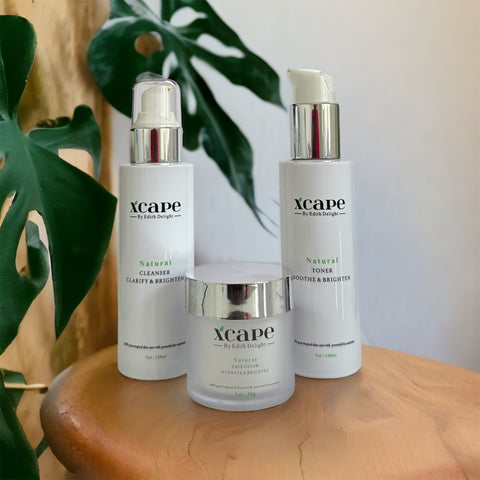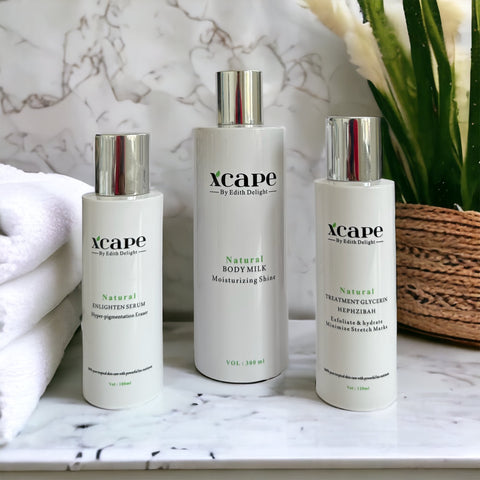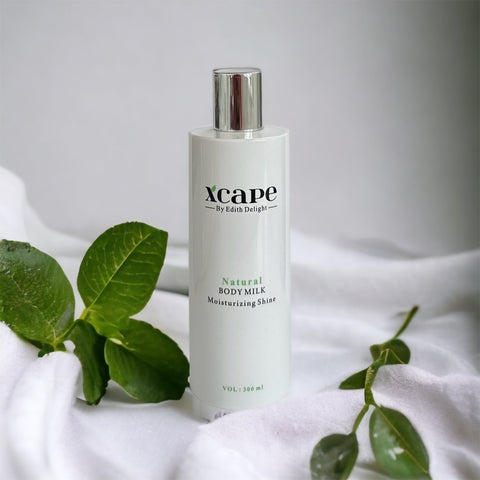1 Introduction
Tired of navigating the maze of moisturizers, not sure which one will really suit your skin’s unique needs? Look no further! Welcome to our comprehensive guide, designed to demystify the world of moisturizers and empower you to make informed choices for your skin. From understanding your skin type to deciphering ingredient labels, we’ve got you covered every step of the way. Get ready to embark on a journey to glowing, healthy skin!
Table of Contents:
1. Introduction
2. The importance of moisturizer
3. Understanding your skin type
4. Choosing the right moisturizer for your skin type
5. Ingredients to look for in a moisturizer
6. Day vs. Night Moisturizers
7. How to apply moisturizer for maximum benefits
8. The role of SPF in moisturizers
9. Moisturizer for acne-prone skin
10. Moisturizing cream for sensitive skin
11. Moisturizing cream for dry skin
12. Moisturizing cream for oily skin
13. Moisturizing cream for combination skin
14. Antiaging moisturizers
15. Natural and organic moisturizers
16. Tips to maximize the benefits of your moisturizer
17. conclusion
18. Additional resources
2. Importance of moisturizer
The skin is the largest organ of the body and acts as a protective barrier against the external environment. However, factors such as weather, pollution and aging can compromise its ability to retain moisture, leading to dryness, flaking and even premature aging. This is where a good moisturizer comes in. By replenishing the skin’s moisture content, a moisturizer helps maintain its elasticity, softness and overall health.
3. Understanding your skin type
Before choosing a moisturizer, it is essential to understand your skin type. Whether you have dry, oily, combination or sensitive skin, choosing a moisturizer tailored to your specific needs is crucial to achieving optimal results. By determining your skin type, you can narrow down the options and find a moisturizer that meets your skin’s unique needs.
4. Choosing the right moisturizer for your skin type
Once you’ve determined your skin type, it’s time to choose a moisturizer that meets its specific needs. For dry skin, look for rich, emollient formulas that deliver intense hydration. Oily skin benefits from lightweight, non-greasy moisturizers that don’t clog pores. Combination skin requires a balanced approach, while sensitive skin requires gentle fragrance-free formulations.
5. Ingredients to look for in a moisturizer
When scanning a moisturizer’s ingredient list, look out for key ingredients like hyaluronic acid, glycerin, ceramides, and antioxidants. These ingredients are known for their moisturizing, nourishing and protective properties, making them valuable additions to any moisturizer.
6. Day vs. night moisturizers
Daytime moisturizers often contain SPF to protect skin from harmful UV rays, while nighttime moisturizers focus on repair and rejuvenation. By using the right moisturizer for each hour of the day, you can ensure that your skin receives the proper care around the clock.
7. How to apply moisturizer for maximum benefits
How you apply your moisturizer can affect how effective it is. After cleansing and toning, gently massage the moisturizer into your skin in upward motions. This helps promote circulation and ensures full absorption of the product.
8. The role of SPF in moisturizers
Sun protection is a non-negotiable aspect of skin care. Choosing a moisturizer with built-in SPF simplifies your routine and ensures your skin is protected from the sun’s harmful rays. Look for a broad-spectrum SPF of at least 30 for adequate protection.
9. Moisturizer for acne-prone skin
Those with acne-prone skin should look for non-comedogenic, oil-free moisturizers that won’t aggravate breakouts. Additionally, ingredients like salicylic acid or niacinamide can help fight acne while providing hydration.

10. Moisturizing cream for sensitive skin
Sensitive skin requires extra care and attention. Look for hypoallergenic fragrance-free moisturizers with soothing ingredients like aloe vera or chamomile to minimize the risk of irritation.
11. Moisturizing cream for dry skin
For dry skin, choose rich, creamy moisturizers that contain ingredients like shea butter, squalane or oat extract to deeply nourish and replenish moisture levels.

12. Moisturizing cream for oily skin
Contrary to popular belief, oily skin also needs hydration. Lightweight, oil-free moisturizers with matte properties can help balance oil production without clogging pores.
13. Moisturizing cream for combination skin
Combination skin benefits from a multitasking moisturizer that treats both dry and oily areas. Look for a product that offers balanced hydration without exacerbating any imbalances.
14. Antiaging moisturizers
As we age, our skin’s needs change. Antiaging moisturizers often contain ingredients like retinol, peptides, and antioxidants to target fine lines, wrinkles, and loss of elasticity.

15. Natural and organic moisturizers
For those who prefer natural skin care, there are many options available. Look for moisturizers with organic ingredients like coconut oil, jojoba oil, or botanical extracts for a more holistic approach to skin care.

16. Tips to maximize the benefits of your moisturizer
To get the most out of your moisturizer, consider factors such as climate, lifestyle, and other skin care products in your routine. Adjusting your moisturizer use based on these variables can help optimize its effectiveness.
17. Conclusion
In conclusion, choosing the right moisturizer is essential to maintaining healthy, glowing skin. By understanding your skin type, choosing the right ingredients and following best practices for application, you can ensure your moisturizer adds significant value to your skincare routine. Whether you’re targeting specific concerns or simply aiming to keep your skin well hydrated, the right moisturizer can make a big difference in the health and appearance of your skin.
18. Additional Resources
I. American Academy of Dermatology (AAD) – Skin Care Tips: AAD offers comprehensive skincare advice and tips, including guidance on choosing the right moisturizer for your skin type. Visit their website for expert knowledge from dermatologists: AAD skin care tips
ii. Paula’s Choice Skincare Blog: Paula’s Choice is known for its evidence-based skin care advice. Their blog covers a wide range of topics, including choosing a moisturizer, analyzing ingredients, and skin care routines tailored to specific concerns: Paula’s Choice Skincare Blog
iii. WebMD – Choosing a Moisturizer: WebMD offers practical advice on choosing the right moisturizer for your skin type and provides information on common ingredients found in moisturizers: WebMD – Choosing a Moisturizer
